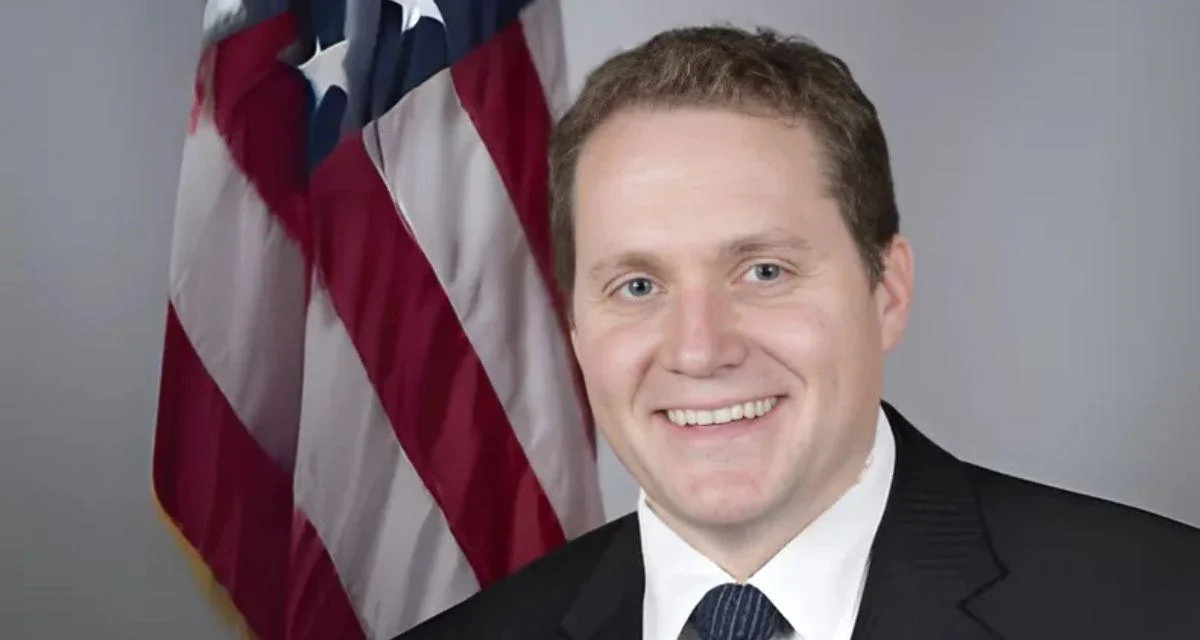The U.S. Department of State released its 2024 Country Reports on Human Rights Practices for Taiwan, noting no significant changes in the human rights situation during the year. The report found no credible reports of major human rights abuses and stated that authorities enforced laws prohibiting such abuses, prosecuting officials who committed them.
Regarding extrajudicial killings, the report indicated there were no cases of arbitrary or unlawful killings by authorities or their agents. Similarly, there were no reports of coerced abortion or involuntary sterilization by official authorities.
The constitution in Taiwan guarantees freedom of expression, including for members of the press and other media. According to the report, "An independent press, an effective judiciary, and a functioning democratic political system combined to promote freedom of expression, including for media members." However, it noted that in September a leading local nongovernmental organization reported that People’s Republic of China (PRC) authorities pressured Taiwan businesses operating in the PRC not to advertise with Taiwan media outlets critical of the PRC.
On labor rights, the law allows workers to form and join unions, conduct strikes under certain conditions, and bargain collectively. Authorities effectively enforced these laws. However, teachers and civil servants do not have the right to strike, and strikes are only permitted after mediation in specific disputes. Large enterprises reportedly made union organization difficult through tactics like blacklisting organizers from promotions or relocating them within companies.
In December 2023, Taiwan passed the Minimum Wage Act establishing a new minimum wage to take effect each January. The minimum wage exceeds the Ministry of Health and Welfare’s poverty level but does not cover all categories of workers such as management employees, medical doctors, civil servants, or domestic household workers. Migrant fishermen working outside Taiwan’s territorial seas receive a lower minimum wage than other workers.
Work hour regulations stipulate eight-hour workdays and 40-hour workweeks with overtime limits; however, household workers and caregivers are excluded from these rules. A “respite care service” is available so foreign caregivers can attend religious services. Wage and overtime violations occur most often among migrant laborers in manufacturing and fisheries sectors.
Occupational safety laws require employers to provide workplace insurance for all employees—including previously uninsured migrant household workers—and allow inspectors to conduct unannounced inspections. There are more than 793,000 foreign workers in Taiwan—mainly from Indonesia, Vietnam, the Philippines, and Thailand—most recruited via labor brokers overseen by the Ministry of Labor.
Foreign workers have access to a 24-hour hotline offering legal advice and protection services in six languages. Despite this support structure, foreign worker associations said many are reluctant to report abuse due to fear of contract termination or difficulty accessing resources while at sea.
Migrant fishermen remain vulnerable to mistreatment and poor working conditions despite annual labor inspections conducted by Fisheries Agency officers both domestically and overseas.
There were no reports of enforced disappearances or prolonged detention without charges during the year. The constitution prohibits arbitrary arrest or detention; authorities generally observed these protections.
On child protection issues, there was no significant presence of child labor in its worst forms; laws prohibit hazardous work for children under 18 years old. The legal minimum age for employment is 15—with exceptions—and child marriage is prohibited below age 18 except some cases reported in rural areas.
Taiwan's unique political status prevents cooperation with international organizations like the UN High Commissioner for Refugees regarding refugee protection; asylum seekers are handled on a case-by-case basis with humanitarian considerations taken into account.
Finally, antisemitism did not appear as an issue: "The Jewish community was estimated at fewer than 1,000 individuals, predominately foreign residents. There were no reports of antisemitic acts."

